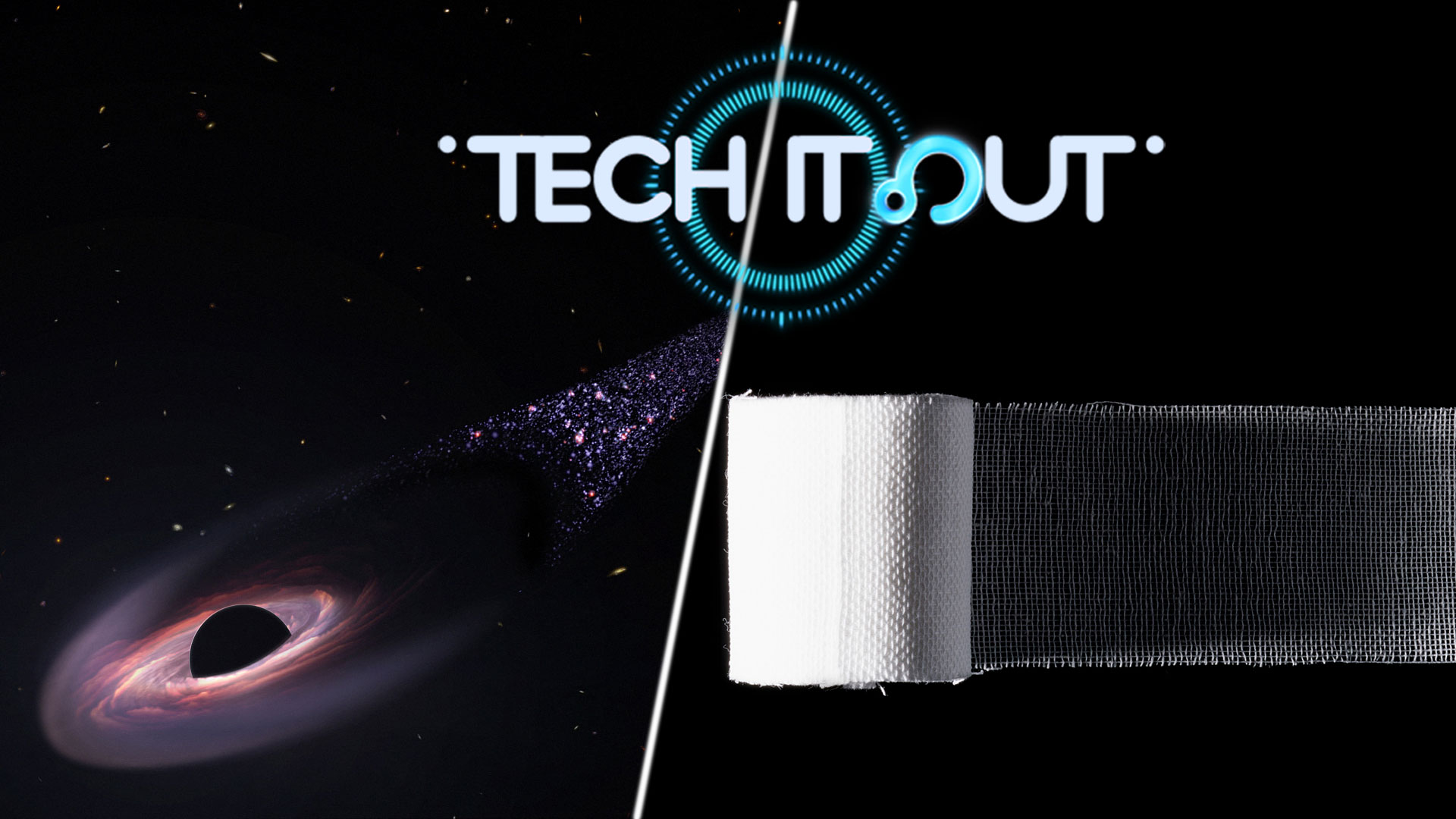02:49

In this week's Science Saturday, we look at science news ranging from galaxies to e-bandages.
Space exploration
The earliest and most distant galaxies to date have been found! The new findings focus on four galaxies. The discovery was made with the James Webb Space Telescope when it captured light emitted by these galaxies more than 13.4 billion years ago. This means that the galaxies date back to less than 400 million years after the Big Bang, when the universe was only 2 percent of its current age.
Battery technology
The driving range of electric vehicles could extend by at least tenfold! It's all thanks to a groundbreaking lithium-ion battery technology. The breakthrough was achieved by replacing graphite with silicon anode, combined with layering-charged polymers, while maintaining stability and reliability. High-capacity anode materials such as silicon are essential for creating high-energy density lithium-ion batteries.
Speed healing
A new e-bandage speeds up healing by 30 percent. The first-of-its-kind small, flexible and stretchable bandage accelerates healing by delivering electrotherapy directly to the wound site. It is the first bio-resorbable bandage capable of delivering electrotherapy and the first example of a smart regenerative system. Experts say the new device could help patients with diabetes, whose ulcers can lead to various complications, including amputated limbs or even death.
Hidden ice melt
The loss of Himalayan glaciers is larger than thought. New research reveals that ice loss from Himalayan glaciers flowing into lakes has been underestimated by 6.5 percent between 2000 and 2020. The oversight was largely due to the limitations of satellite imaging in detecting underwater changes, which has led to a knowledge gap in our understanding of the full extent of glacier loss. The discovery has critical implications for predicting the demise of the region's glaciers and water resource management for over 1.3 billion people in Asia.